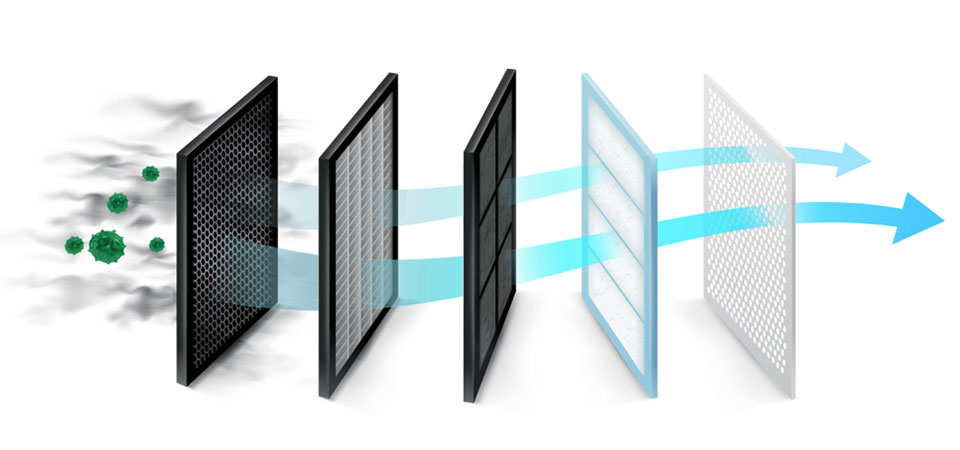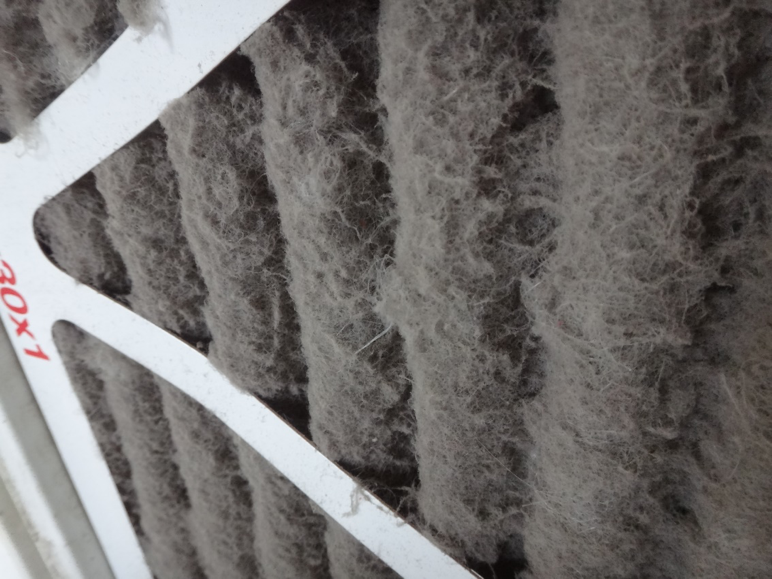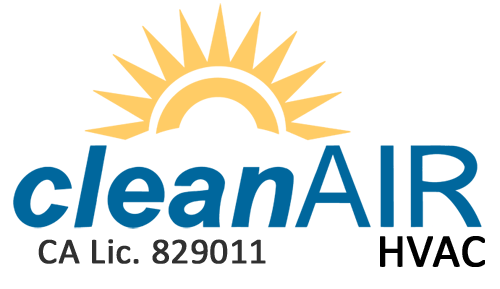
Which Filter is Right for Me?
Indoor air quality has become a topic of concern in recent years. Questions about how healthy the air we breathe in our homes have risen due to things like allergies, wildfires, and COVID-19. Central heating and cooling systems utilize internal filters to improve air quality and keep the systems clean. Filters come in a variety of sizes and MERV ratings, so which one is right for you? Let’s look at a few common questions that will guide you on your filter purchasing.
What is MERV?
The acronym MERV stands for “minimum efficiency reporting value.” This reporting value acts as a rating system for how well a filter removes particles (dust, hair, allergies) from the air that moves through your home. For example, a MERV 4 could remove textile fibers, dust mites, dust, and pollen. A MERV 13 can remove all of that plus bacteria, sneeze droplets, tobacco smoke, and insecticide dust. HEPA (High-Efficiency Particulate Air) filters have a MERV 17 rating or higher.
Is a higher rating always better?
Although we all want the air in our homes as clean as possible, a higher-rated filter may not be the best option. For one reason, the higher the MERV rating the thicker the filter tends to be. A HEPA filter will not fit in a standard filter area. Higher-rated filters have a tighter weave to keep smaller particles out yet limit the airflow. Systems may overheat or work incorrectly if their airflow is restricted. Most indoor air handlers or furnaces have manufacturing standards that detail what type and size of filter to use. You can consult the owner’s guide or look for a sticker on the unit itself.

Figure 1 An example of how dirty filters can get.
An even simpler way to improve air quality is to change the filter often. Most standard filters should be changed every three to six months to ensure maintaining the best air quality.
If you are still not sure what rating of filter would work best or have other questions, please reach out to Clean Air HVAC for more information.


